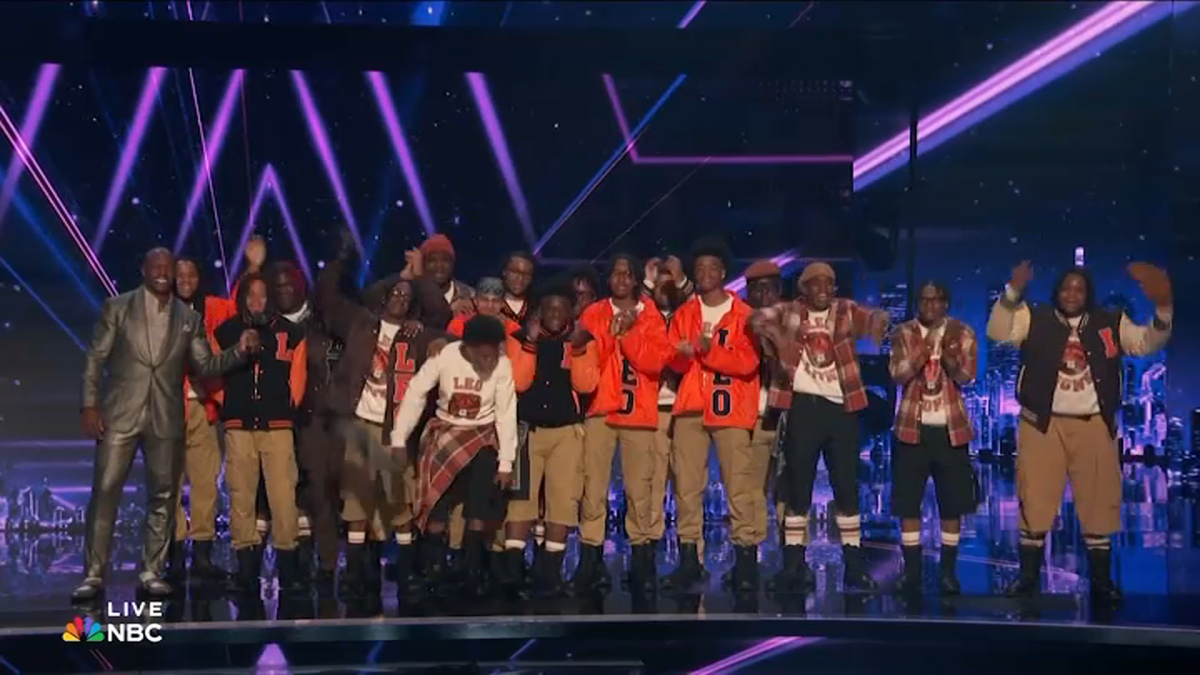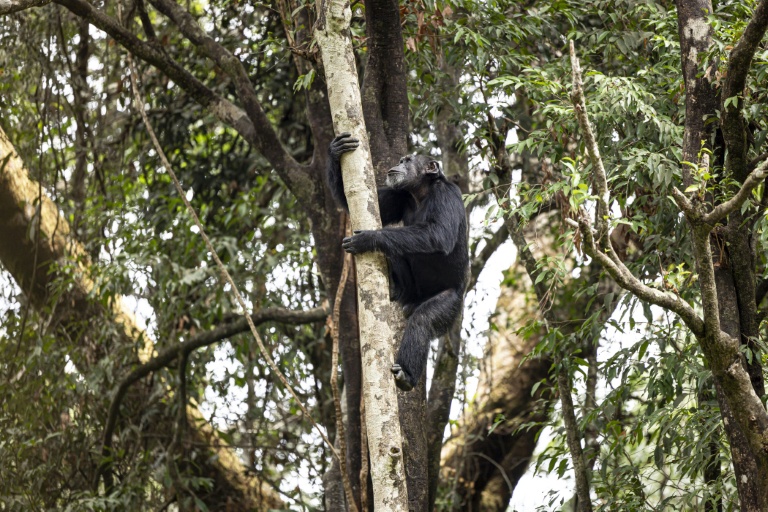How Did Phil Taylor Honor His Friend Ricky Hatton?

Published: 2025-09-17 23:26:07 | Category: Sport
Phil Taylor expressed his deep sorrow upon hearing of Ricky Hatton's untimely passing, fondly remembering him as a genuine and humble person who achieved greatness in the boxing world. Hatton, a beloved British boxing champion, was discovered deceased at his home in Greater Manchester at the age of 46, prompting an outpouring of tributes from fans and fellow sports figures alike.
Last updated: 25 October 2023 (BST)
Key Takeaways
- Ricky Hatton, a prominent British boxing champion, passed away at 46.
- Phil Taylor shared heartfelt memories of Hatton's humble nature and friendship.
- Hatton openly discussed his struggles with depression and addiction following significant losses in his career.
- Younger athletes like Luke Littler admire Hatton's legacy despite not witnessing his prime.
- The darts community continues to honour Hatton's memory with tributes and events.
A Fond Farewell to a Boxing Legend
The boxing world is mourning the loss of Ricky Hatton, a charismatic figure who left an indelible mark not only within the ring but also in the hearts of fans worldwide. Known as 'The Hitman', Hatton's career was decorated with multiple world championships, and his approachable personality made him a beloved character beyond the sport itself. His death on Sunday has shocked many, with tributes flooding in from those who knew him personally and from fans who admired his fighting spirit.
Phil Taylor's Heartfelt Reflections
Phil Taylor, a 16-time world darts champion and close friend of Hatton, felt a deep sense of loss upon learning of Hatton's death. At the launch of a Target Darts pop-up in Manchester, he shared his memories of Hatton, describing him as "just a normal good kid." Taylor highlighted Hatton's humility, recalling how he would insist on splitting the bill when they went out for drinks, showcasing his down-to-earth attitude.
“It’s such a shame. It made me feel sick,” Taylor described, reflecting on the shock of losing a friend. He mentioned the normalcy of their friendship, reminiscing about watching Hatton's fights and spending quality time together. Taylor also expressed his intention to visit Hatton’s family to offer his support during this challenging time.
Hatton's Battles Beyond the Ring
Ricky Hatton's life was not only defined by his successes but also by his struggles with mental health and addiction. Following high-profile defeats to Floyd Mayweather and Manny Pacquiao later in his career, Hatton candidly spoke about his descent into depression, exacerbated by alcohol and substance abuse. In a poignant interview in 2017, he revealed how these experiences led him to contemplate suicide, emphasising the dark corners of fame and the toll it can take on mental health.
Hatton's openness about his struggles has resonated with many, drawing attention to the importance of mental health awareness in sports. His journey serves as a reminder that even the most successful athletes can face profound challenges off the field.
The Impact of Mental Health in Sports
Phil Taylor, while not having experienced the same depth of despair, related to the pressures athletes face. He shared his own experiences of feeling low after major victories, highlighting how the sudden quietness following the excitement of winning could feel like a bereavement. “It’s absolutely strange,” he remarked, reflecting on the emotional rollercoaster that comes with competitive sports.
This discussion around mental health in sports is crucial, as it opens the door for more athletes to speak out about their struggles. The stigma surrounding mental health issues often prevents individuals from seeking help, making open conversations like those initiated by Hatton invaluable in promoting change.
The Legacy of Ricky Hatton
Ricky Hatton's legacy extends beyond his accolades in the boxing ring. He was not only a champion but also a mentor and a friend to many within the sporting community. His larger-than-life personality endeared him to fans, while his willingness to share his struggles has sparked important conversations about mental health in sports.
Young athletes today, like 18-year-old darts champion Luke Littler, may not have witnessed Hatton's prime but still recognise his influence. Littler expressed his admiration for Hatton, sharing how he often watches old fights to appreciate the boxer’s skill and determination. This appreciation among younger generations highlights how Hatton’s impact continues to resonate, inspiring future athletes to strive for greatness while also being mindful of their mental well-being.
Tributes from the Community
The outpouring of tributes from the boxing and darts communities underscores the profound impact that Hatton had on the lives of others. Fellow athletes, fans, and friends have come together to celebrate his life and achievements, sharing stories that illustrate his character and the joy he brought to others. The sense of loss is palpable, as Hatton was not just a sportsman; he was a part of the family for many within the community.
As the boxing world reflects on Hatton's legacy, it is important to remember the lessons he imparted through both his triumphs and tribulations. His story encourages conversations about mental health, reminding athletes that seeking help is a sign of strength, not weakness.
What Happens Next?
As tributes continue to pour in for Ricky Hatton, discussions surrounding mental health in sports are likely to grow. The sporting community must carry forward Hatton's legacy by advocating for mental health awareness and support for athletes. Initiatives aimed at providing resources and support systems for athletes struggling with mental health issues will be crucial in preventing further tragedies.
The ongoing dialogue surrounding mental health in sports is essential for creating a supportive environment where athletes can thrive not only in their careers but also in their personal lives. The loss of Ricky Hatton serves as a painful reminder of the importance of prioritising mental health and well-being alongside athletic achievement.
FAQs
What caused Ricky Hatton's death?
Ricky Hatton was found dead at his home in Greater Manchester at the age of 46. The exact cause of death has not been publicly disclosed, leaving many in shock and mourning.
What were Ricky Hatton's biggest achievements in boxing?
Ricky Hatton was a two-weight world champion, having held the WBA light-welterweight title and the IBF welterweight title. He was known for his thrilling fighting style and charismatic personality, making him a fan favourite.
How did Ricky Hatton contribute to mental health awareness?
Hatton openly discussed his struggles with depression and addiction following significant defeats in his career, highlighting the importance of mental health awareness in sports. His candidness has encouraged conversations around these issues and the need for support for athletes.
What is Phil Taylor's relationship with Ricky Hatton?
Phil Taylor, a legendary darts champion, was a close friend of Ricky Hatton. They shared a mutual admiration for each other's sports and often enjoyed spending time together outside of their competitive careers.
How is the sporting community reacting to Hatton's death?
The sporting community has responded with an outpouring of tributes, reflecting on Hatton's legacy as a champion and a friend. Fellow athletes and fans have shared heartfelt messages and memories, celebrating his life and contributions to boxing.
Ricky Hatton's passing is a significant loss to the sports world, reminding us of the importance of compassion and support within athletic communities. How will we continue to honour his legacy and advocate for mental health awareness in sports? #RickyHatton #MentalHealthAwareness #BoxingLegend



